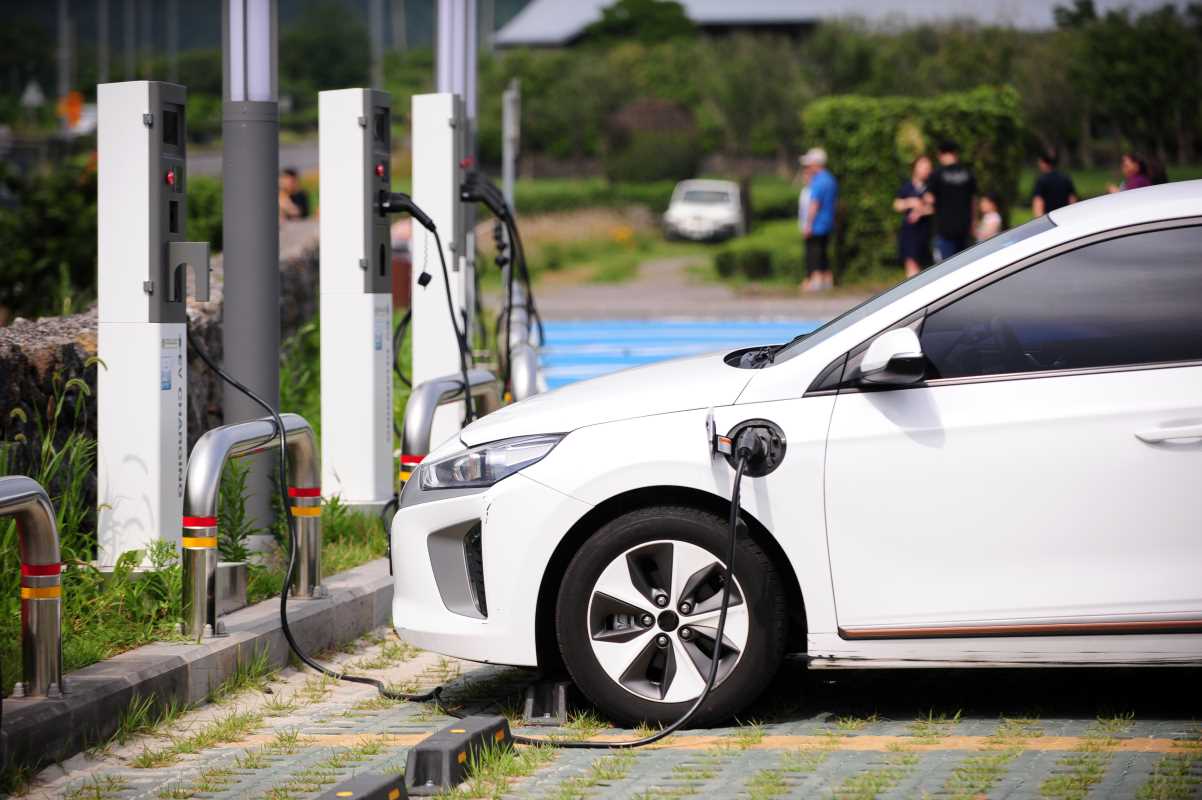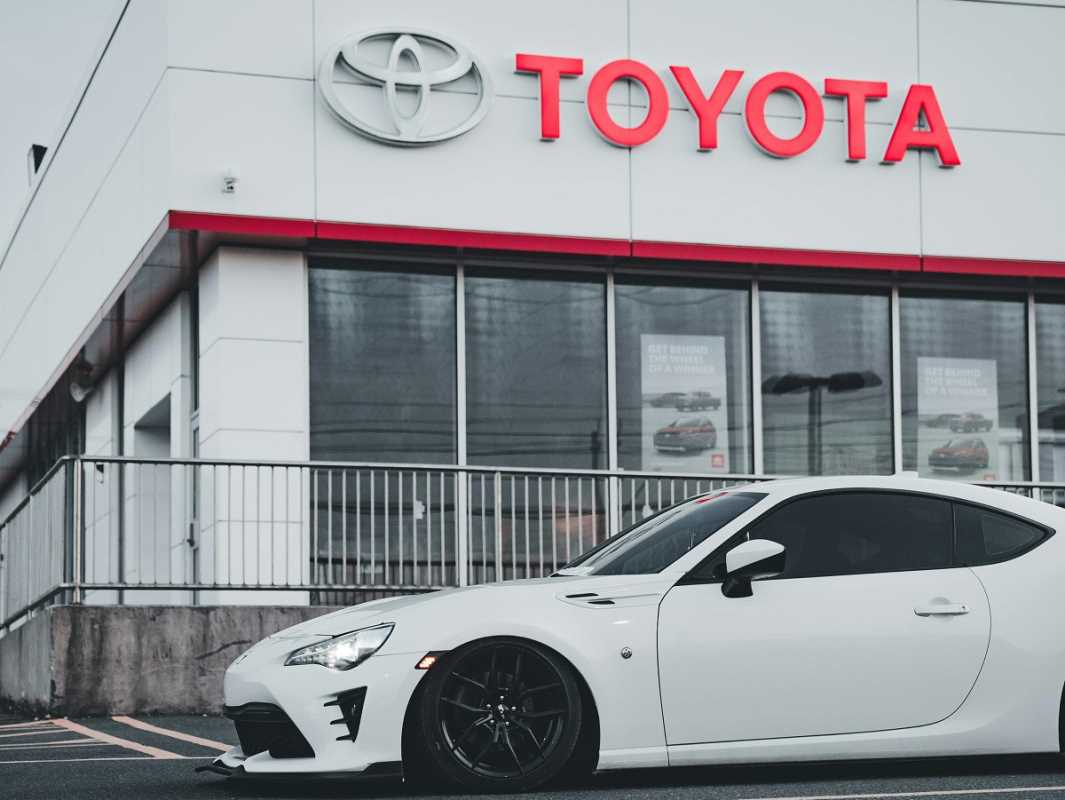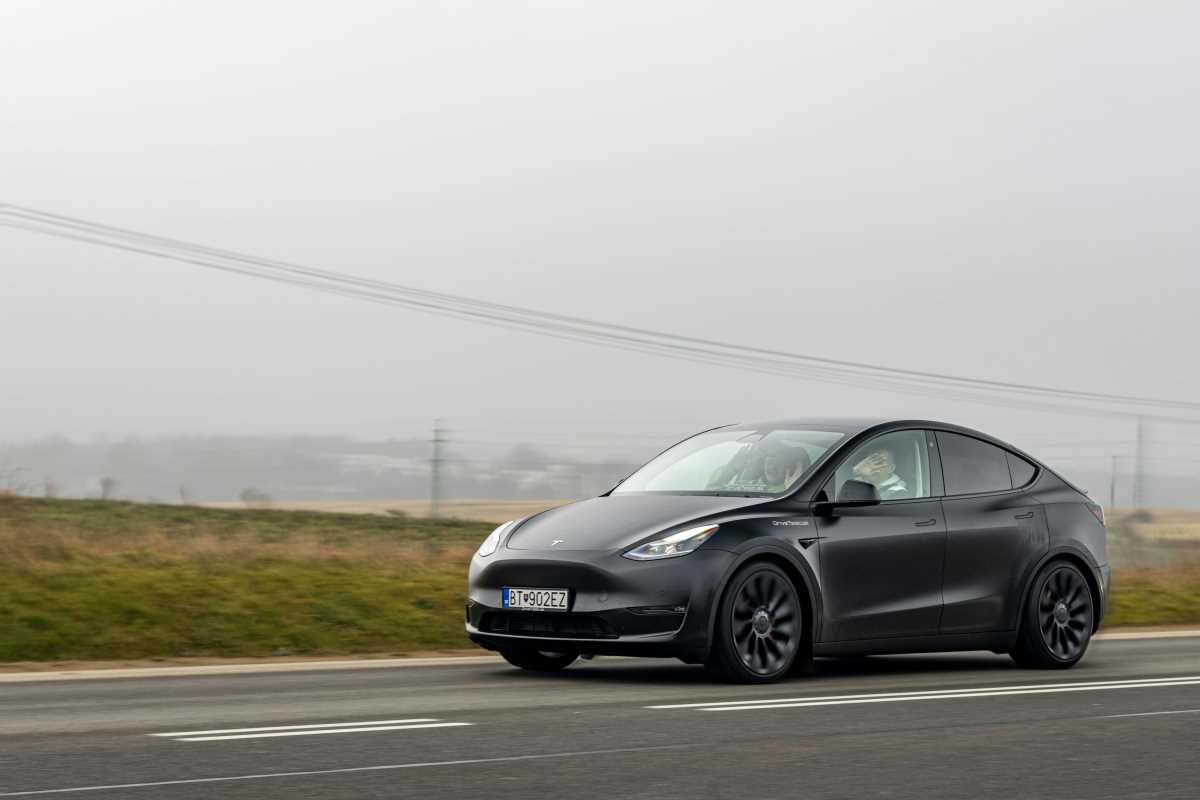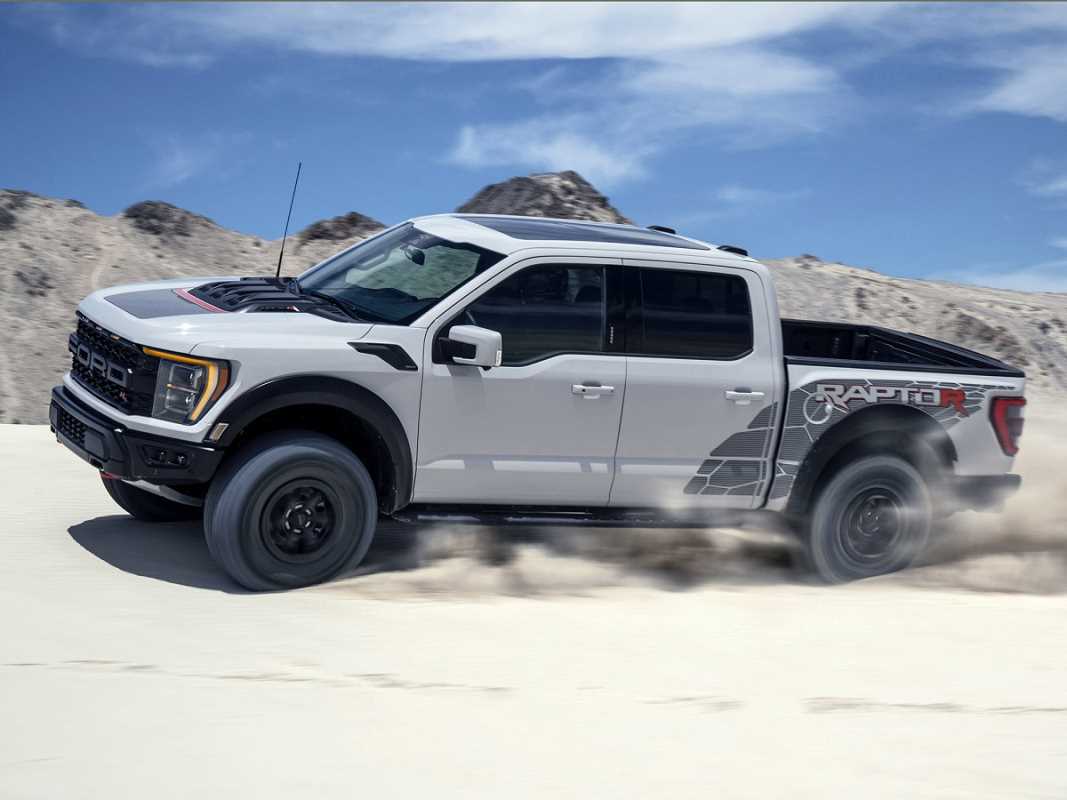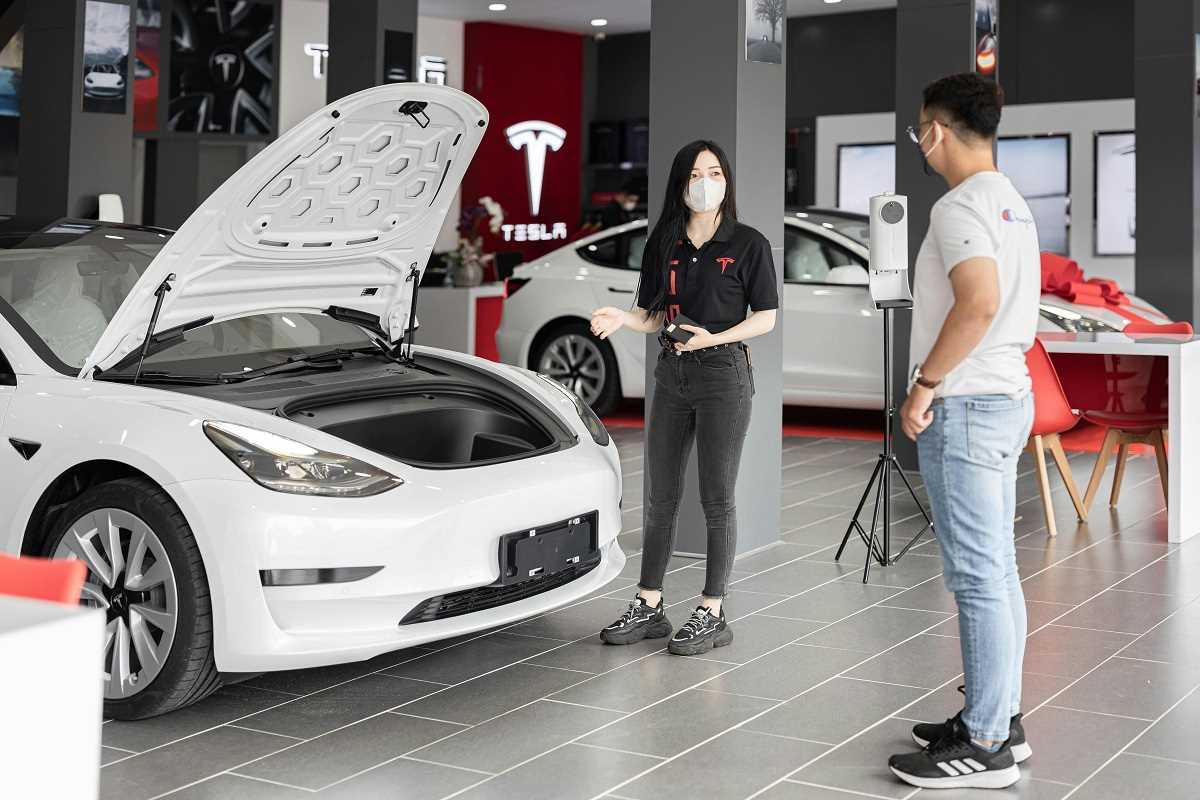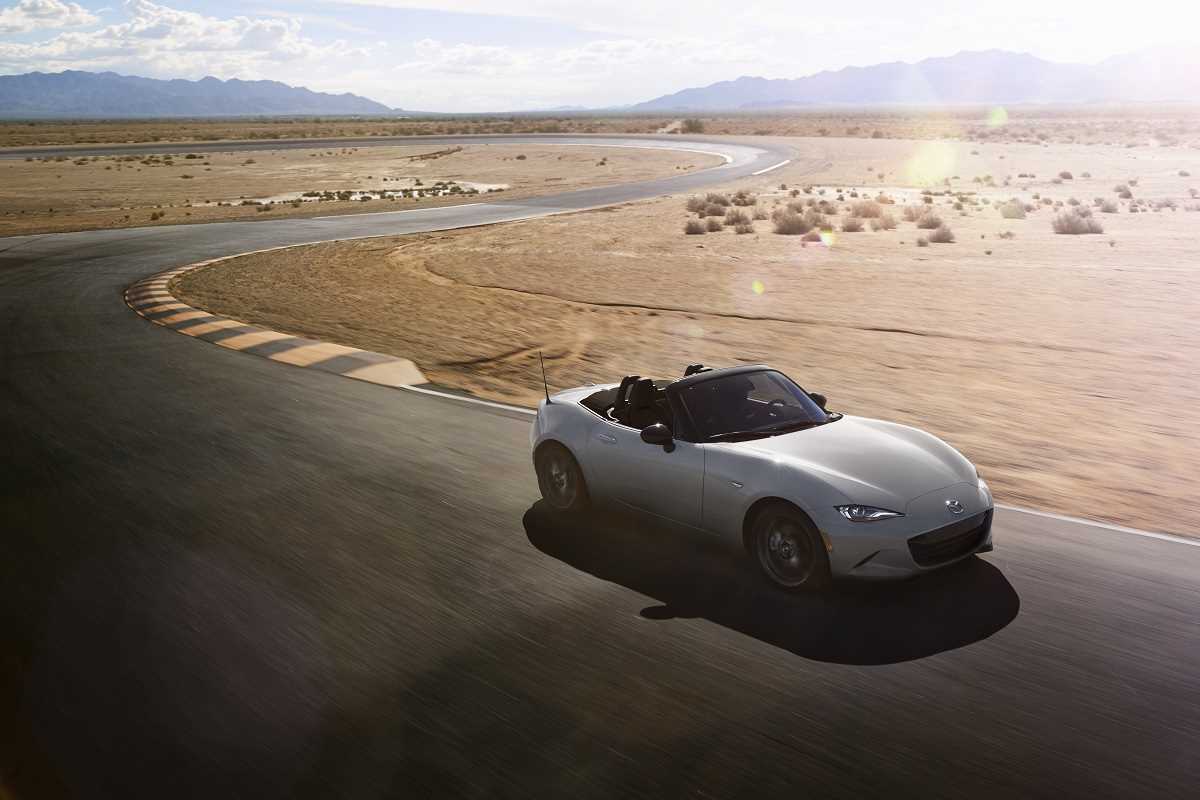Buying your first car is an exciting milestone, but with so many options and factors to weigh, it can feel overwhelming. We've created this FAQ guide to answer your most pressing questions and help you find the perfect car for your needs. Whether you're looking for affordability, reliability, or something with the latest tech, there's a great first car out there for everyone.
What Should First-Time Buyers Consider When Choosing a Car?
There’s no one-size-fits-all answer to this question, but here are a few essential factors to evaluate before buying your first car:
- Budget: Know how much you can afford, including loan payments, insurance, gas, and maintenance.
- Use Case: Do you need a car for city driving, long commutes, or weekend road trips?
- Reliability: Opt for a car with a reputation for low maintenance and lasting quality.
- Safety Features: Check if the car has modern safety systems like lane-keeping assist or automatic braking.
- Fuel Efficiency: Gas prices matter more than you think. Look for high miles per gallon (MPG) or electric options, if possible.
What Are Some Affordable Cars for First-Time Buyers?
First-time buyers often stick to a budget, which typically makes affordability a top priority. Here are some great options that won’t break the bank.
New Cars Under $25,000:
- 2025 Toyota Corolla: Known for its dependability, the Corolla starts around $23,000 and has excellent fuel economy (up to 41 MPG on the highway).
- 2025 Hyundai Venue: This subcompact SUV offers versatility, a modern design, and a low starting price of $21,300.
- 2025 Honda Civic: A popular choice among first-time buyers, starting at $24,000, with an upscale cabin and strong resale value.
Used Cars Under $15,000:
- 2018-2020 Mazda3: Stylish, fun to drive, and with great interiors, you can often find one in good condition at this price point.
- 2017 Honda Fit: Compact yet spacious inside, with incredible reliability and dependability for around $12,000–$15,000.
- 2016-2018 Ford Focus: Affordable with a balanced performance, used models are often available under $15,000.
What Are the Most Reliable Cars for First-Time Buyers?
Reliability is crucial since frequent repairs can quickly add up. Here are models known to go the extra mile.
- Toyota Camry: A midsize sedan celebrated for reliability and longevity. With proper care, a Camry can easily surpass 200,000 miles.
- Hyundai Elantra: Offers a 10-year/100,000-mile powertrain warranty on newer models.
- Honda Accord: Similar to the Camry, the Accord maintains excellent build quality and durability.
- Mazda CX-3: A dependable SUV with solid performance and minimal maintenance needs.
Which Cars Have the Best Fuel Efficiency?
Fuel efficiency can save you money in the long run, so here are some of the best options for gas-sippers and electric alternatives.
Gas-Powered Cars:
- Toyota Prius Prime: With hybrid technology, the Prius Prime achieves an impressive 54 MPG combined.
- Honda Insight: A sleek hybrid sedan that delivers 55 MPG in the city and 49 on the highway.
- Kia Rio: A budget-friendly car with up to 41 MPG on the highway.
Electric and Plug-In Hybrid Options:
- Chevrolet Bolt EV: Affordable and capable of over 259 miles on a full charge, making it ideal for city dwellers.
- Hyundai Kona Electric: A small electric SUV with a range of up to 258 miles.
- Nissan Leaf: One of the most budget-friendly EVs available for first-time buyers, with a range of 149 to 212 miles, depending on the model.
What Are the Safest Cars for First-Time Buyers?
Safety is especially important for newer drivers. Look for vehicles with excellent crash-test ratings and advanced safety tech.
Top Safety Picks:
- 2025 Subaru Impreza: Comes standard with Subaru’s EyeSight Driver Assist technology, offering features like adaptive cruise control and lane-keeping assist.
- 2025 Honda CR-V: A compact SUV packed with safety features like forward collision warning, automatic emergency braking, and blind-spot monitoring.
- 2025 Mazda CX-5: Known for agile handling and excellent crash-test scores, along with a spacious interior.
Should First-Time Buyers Consider New or Used Cars?
This choice often depends on personal preference and budget. Here are the pros and cons of each option.
New Cars:
- Pros:
- Warranty coverage for peace of mind.
- Advanced features like Apple CarPlay, Android Auto, and cutting-edge safety tech.
- No previous wear and tear.
- Cons:
- Higher price tag compared to used cars.
- Higher depreciation rate during the first few years.
Used Cars:
- Pros:
- More affordable, often allowing for better-equipped models in your budget.
- Slower depreciation means better resale value if you decide to upgrade later.
- Cons:
- May come with hidden maintenance or repair needs.
- Less access to advanced safety or tech features depending on the model year.
What Features Should a First-Time Car Have?
Modern car features can enhance your driving experience, whether by providing extra comfort, safety, or convenience. Here are some features worth prioritizing.
Top Features for First-Time Buyers:
- Bluetooth and Smartphone Integration: Helps you focus on the road while staying connected. Look for cars with Apple CarPlay or Android Auto.
- Backup Camera and Parking Sensors: These are incredibly helpful for tight spaces and improving overall safety.
- Adaptive Cruise Control: Keeps you at a safe distance from other vehicles on the highway.
- Automatic Emergency Braking (AEB): A critical safety feature that can help prevent collisions.
- Fuel-Efficiency Tracking: Great for monitoring your eco-driving habits and saving money on gas.
Final Tips for Finding the Perfect First Car
- Set a Max Budget: Factor everything in—including insurance, taxes, and maintenance—to avoid overspending.
- Do Your Research: Check reviews, compare specs, and consider reputable sites to ensure you’re getting the best deal.
- Inspect Used Cars Before Buying: Have a trusted mechanic inspect the vehicle for potential issues.
- Take a Test Drive: Pay attention to the car's handling, visibility, and comfort before committing.
With these tips and examples, you're well on your way to choosing a car that matches your needs, budget, and lifestyle. Owning your first car should be a joyful and empowering experience, and the right vehicle can help you hit the road with confidence!

